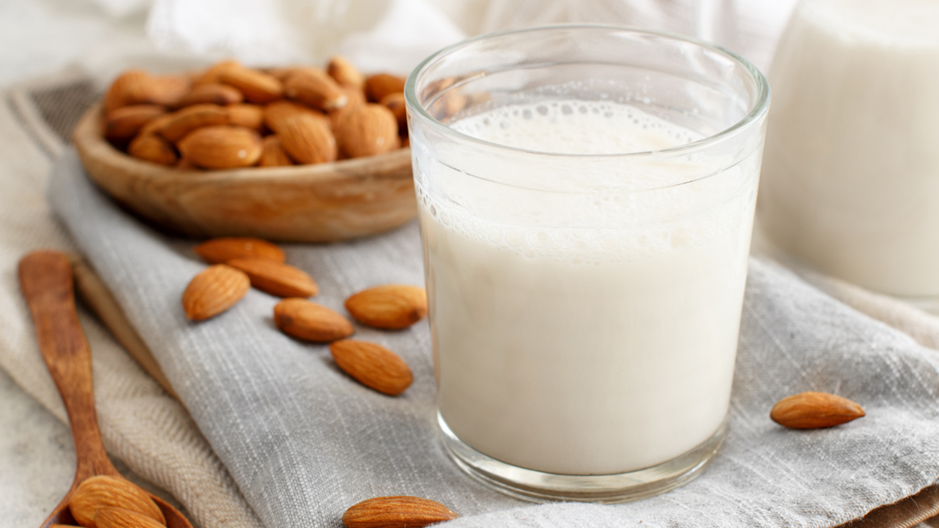
Parents are always on the lookout for the best options to provide their little ones with the nutrition they need, and choosing the right kind of milk is crucial in meeting the developmental requirements of a growing child. Almond milk is gaining popularity as a nutritious non-dairy alternative, but is it safe for the little ones? In this article, we'll delve into whether almond milk is a suitable option for babies and explore ways to ensure your child gets the required nutrients for growth.
What is Almond Milk?
Almond milk is a plant-based milk alternative that's made by finely blending almonds with water and then straining the mixture. The result is a creamy, nutty-flavored beverage that's lactose-free and rich in vitamins and minerals, such as vitamin E and calcium.
Is Drinking Almond Milk Safe for Babies?
It is generally safe for babies to drink almond milk as long as it's used in moderation. However, it is important to keep in mind that almond milk is not a suitable substitute for breast milk or formula. These are specifically designed to provide the best nutrition for infants, and almond milk does not have the same nutritional value.
Also, there are certain safety concerns to consider when giving almond milk to babies. Almond milk contains large amounts of vitamin E, which can be toxic if consumed in high doses. Furthermore, the added sugars in some almond milk may increase the risk of tooth decay in infants. Therefore, it's best to consult a doctor before introducing almond milk into your baby's diet.
When to Introduce Almond Milk to Your Child?
Almond milk can be introduced as a complementary beverage once your child is at least a year old and consuming a variety of nutrient-dense solid foods. This ensures that they receive the calories and nutrients crucial for healthy growth. Make sure to consult your pediatrician before making any changes to your child's diet. Remember that the right nutrients for your child's growth will vary depending on their age and current health. Hence, it is important to provide your child with a balanced diet that meets their nutritional requirements.
Providing Nutrients in an Almond Milk Diet
If you decide to give almond milk to your baby, make sure to provide the necessary nutrients. Almond milk does not provide enough of certain essential vitamins and minerals for a baby's growth, such as vitamin D and iron. To make sure your baby gets the nutrients they need, offer them a variety of vitamin-rich foods such as fortified cereals and fruits, vegetables, and legumes.
You can also buy the best milk powder for kids to ensure that your baby gets the right amount of nutrition. This powder typically contains minerals, vitamins, and other essential nutrients that are suitable for infants. Basically, it is a safe and convenient alternative to breastmilk or formula but should be used only as a supplement and not as a primary source of nutrition.
To Sum Up
In conclusion, while almond milk may be a healthier alternative for adults, it's not recommended for babies as a primary source of nutrition. For those under the age of one, breast milk or nutrient-dense infant formula, such as the ones found in the best milk powder for kids, should remain their primary source of nutrients. As always, it's best to consult your pediatrician before making changes to your child's diet.
